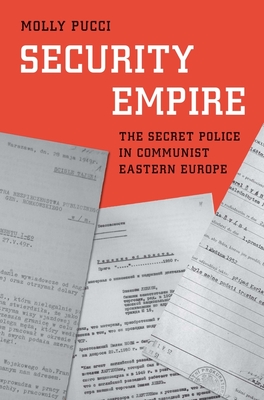Expedite your nonfiction book discovery process with Readara interviews, summaries and recommendations, Broaden your knowledge and gain insights from leading experts and scholars
In-depth, hour-long interviews with notable nonfiction authors, Gain new perspectives and ideas from the writer’s expertise and research, Valuable resource for readers and researchers
Optimize your book discovery process, Four-to eight-page summaries prepared by subject matter experts, Quickly review the book’s central messages and range of content
Books are handpicked covering a wide range of important categories and topics, Selected authors are subject experts, field professionals, or distinguished academics
Our editorial team includes books offering insights, unique views and researched-narratives in categories, Trade shows and book fairs, Book signings and in person author talks,Webinars and online events
Connect with editors and designers,Discover PR & marketing services providers, Source printers and related service providers

Security Empire: The Secret Police in Communist Eastern Europe
History > Modern - 20th Century
- Yale University Press
- Hardcover
- 9780300242577
- 9.3 X 6.3 X 1.5 inches
- 2.1 pounds
- History > Modern - 20th Century
- (Single Author) Asian American
- English
Readara.com
Book Description
This book examines the history of early secret police forces in Poland, Czechoslovakia, and East Germany in the aftermath of the Second World War. Molly Pucci delves into the ways their origins diverged from the original Soviet model based on differing interpretations of communism and local histories. She also illuminates the difference between veteran agents who fought in foreign wars and younger, more radical agents who combatted enemies of communism in the Stalinist terror in Eastern Europe.
Author Bio
Molly Pucci is an Assistant Professor of Twentieth Century European History. Before coming to Trinity, she was a Max Weber Postdoctoral Fellow at the European University Institute in Florence and a Geballe Dissertation Prize Fellow at the Stanford Humanities Center.
She holds a PhD in history from Stanford University and an MA in Russian, East European, and Central Asian Studies from Harvard University.
Her current book project, which has been funded by the Hoover Institution and the Harry Frank Guggenheim Foundation, focuses on the history of communism in Czechoslovakia in the 1920s, from the Comintern to the artistic avant garde.
She is interested in the way experiments in culture and internationalism- encompassing literature, poetry, architecture, linguistics, painting, and theater, among other fields,- both reflected and contributed to the radicalization of the political left in interwar Europe.
Source: Trinity College Dublin Department of History
Videos
No Videos
Community reviews
No Community reviews

